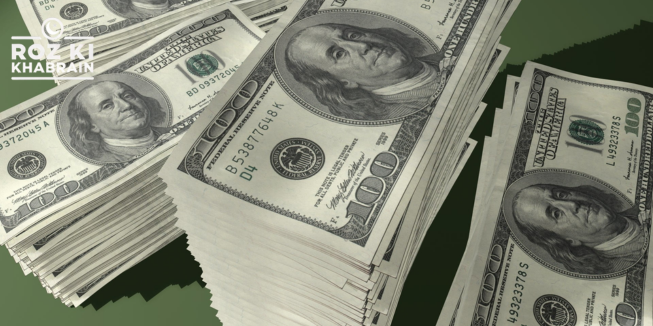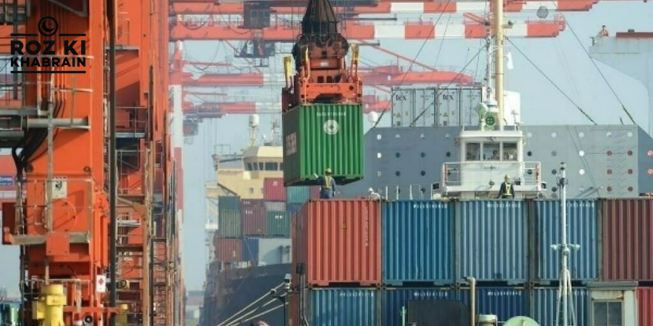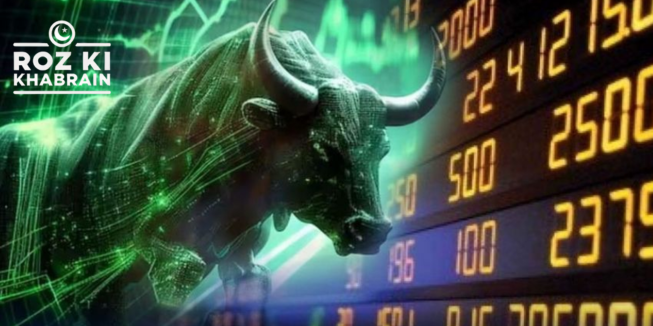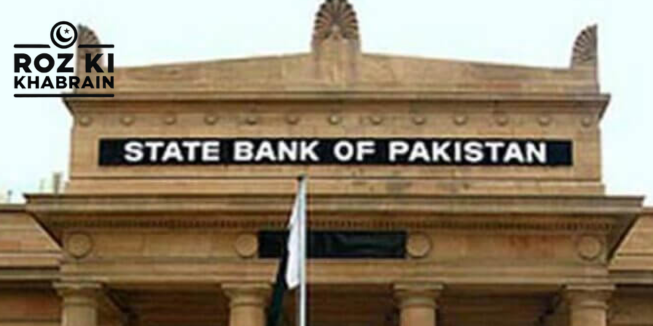The currency exchange market witnessed mixed trends on Thursday, with the US Dollar (USD) being sold at Rs. 278.25 and purchased at Rs. 277.75, maintaining its strong standing.
The British Pound (GBP) was sold at Rs. 371.18 and bought at Rs. 370.51.
Meanwhile, the Euro (EUR) was trading at Rs. 310.08 for selling and Rs. 309.52 for buying.
Other currencies also saw fluctuations, with the Canadian Dollar (CAD) being sold at Rs. 206.59 and bought at Rs. 206.22, and the Australian Dollar (AUD) at Rs. 190.45 for selling. The Swiss Franc (CHF) was quoted at Rs. 327.37 for selling.
Among Gulf currencies, the UAE Dirham (AED) was sold at Rs. 76.29, and the Saudi Riyal (SAR) was quoted at Rs. 74.18.
The Chinese Yuan (CNY) remained steady at Rs. 40.07 for selling, while the Qatari Riyal (QAR) was listed at Rs. 76.37.
Premium currencies like the Kuwaiti Dinar held their high values, with the KWD being sold at Rs. 911.56 and bought at Rs. 909.92, maintaining its position as the highest-valued currency.
On Wednesday, the International Monetary Fund (IMF) approved a $7 billion bailout package for Pakistan under its Extended Fund Facility (EFF), marking the country’s 25th IMF program. The package aims to stabilize Pakistan’s economy, increase tax revenues, and address fiscal risks.
As part of the deal, Pakistan is required to introduce new taxes, cut subsidies, and transfer key responsibilities like health and education to provincial governments. Reforms include raising the agricultural income tax to match federal rates, reducing subsidies on electricity and gas, and tightening provincial budgets.
However, the IMF program does not fully tackle Pakistan’s external and domestic debt restructuring, a major challenge for the country’s economic stability.
The Asian Development Bank also warned that rising political and institutional tensions may hinder Pakistan’s ability to implement the reforms promised to the IMF, which are crucial for securing continued external financing.




